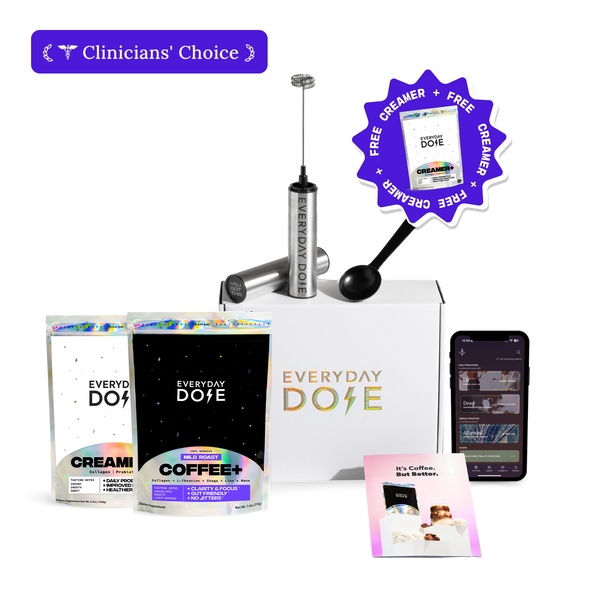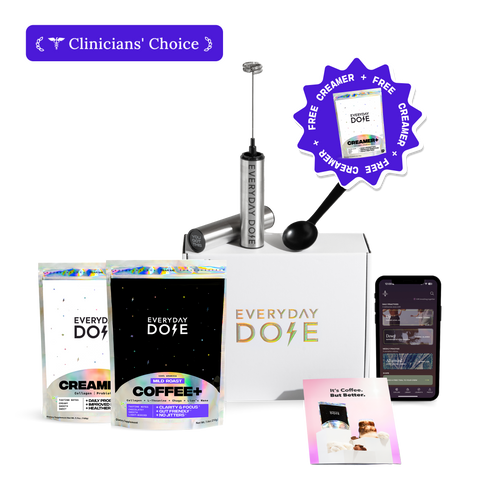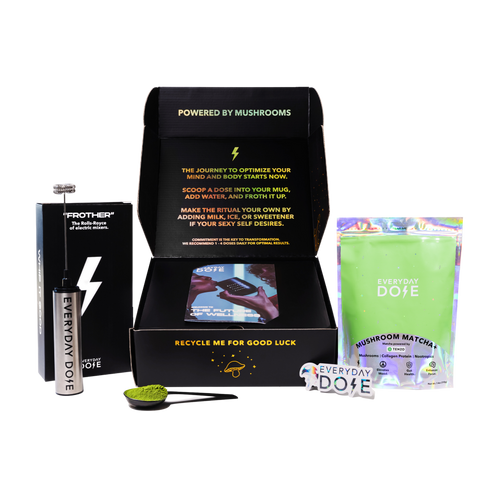

Let’s Get Wild: Unearthing the Truth about Chaga
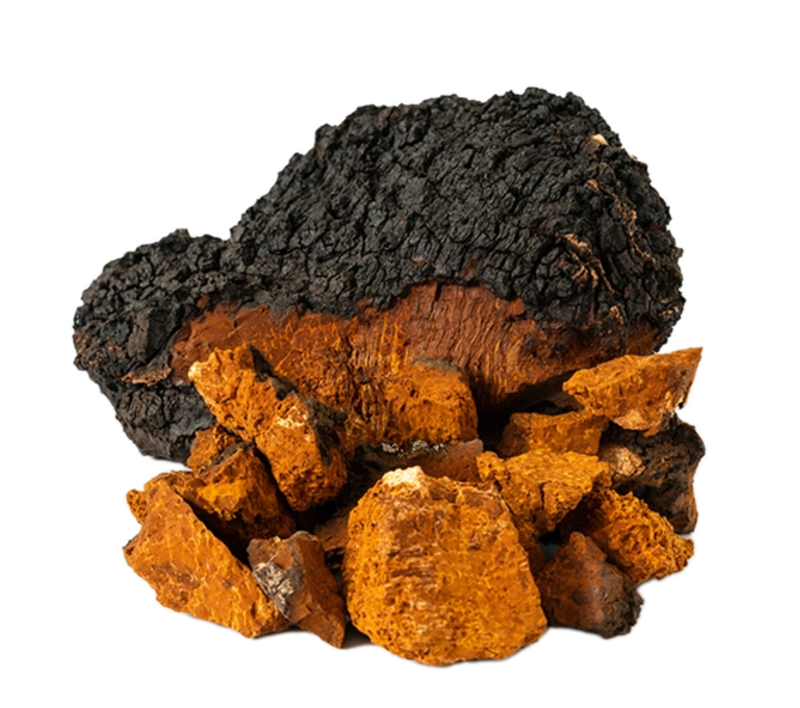
If you've ever wandered into the world of functional fungi, you've undoubtedly heard of Chaga, the "King of Mushrooms." This regal title, however, is a tad misleading, as Chaga isn't technically a mushroom at all!
In its natural habitat, the parasitic fungus Inonotus obliquus grows primarily on Birch trees in cold climates, breaking down and transforming tree nutrients into powerful healing compounds. These compounds are stored in what we call "chaga," the dark, knobby conks that take years of patience and persistence to harvest.
Due to the lengthy and expensive process of wild harvesting, many mushroom companies and supplement suppliers have taken to cultivating chaga indoors, on substrates like oats or rice. They inoculate the substrate with Inonotus obliquus, let the fungus spread, blend it, powder it, and voila, it's sold as "chaga." But, here's the catch: this lab-grown chaga has never formed the characteristic dark gold conks, nor has it even brushed up against a birch tree.
What these companies don’t want you to know is this cultivated chaga does not have the same benefits as the real (wild) deal. It is missing KEY compounds that give chaga its functional magic.
Ready to dive into the truth about chaga? Here are three myths that we're about to bust wide open.
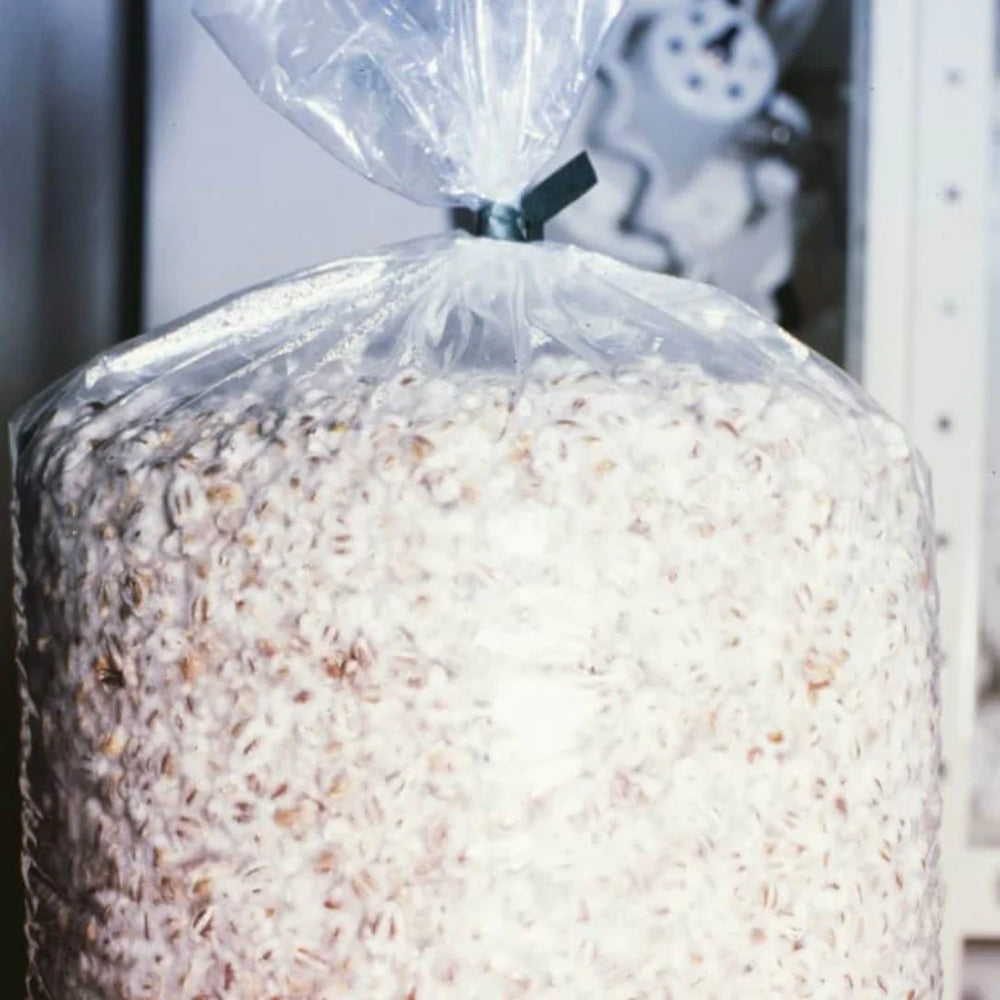
MYTH 1: Cultivated Chaga and Wild Chaga Have The Same Benefits
The truth is not at all. Wild chaga harvested from birch trees contains high concentrations of betulinic acid, a unique triterpenoid renowned for its potent anti-viral and anti-inflammatory properties. It's currently under the scientific spotlight for its potential in treating ailments such as HIV, Hepatitis, and cancer.
Additionally, wild chaga gets its striking "black gold" hue from melanin, an antioxidant powerhouse that protects skin cells and DNA from UV and oxidative damage. Sadly, indoor farm-grown chaga falls short on this front as well, with far lower levels of melanin – as its lackluster color clearly shows.
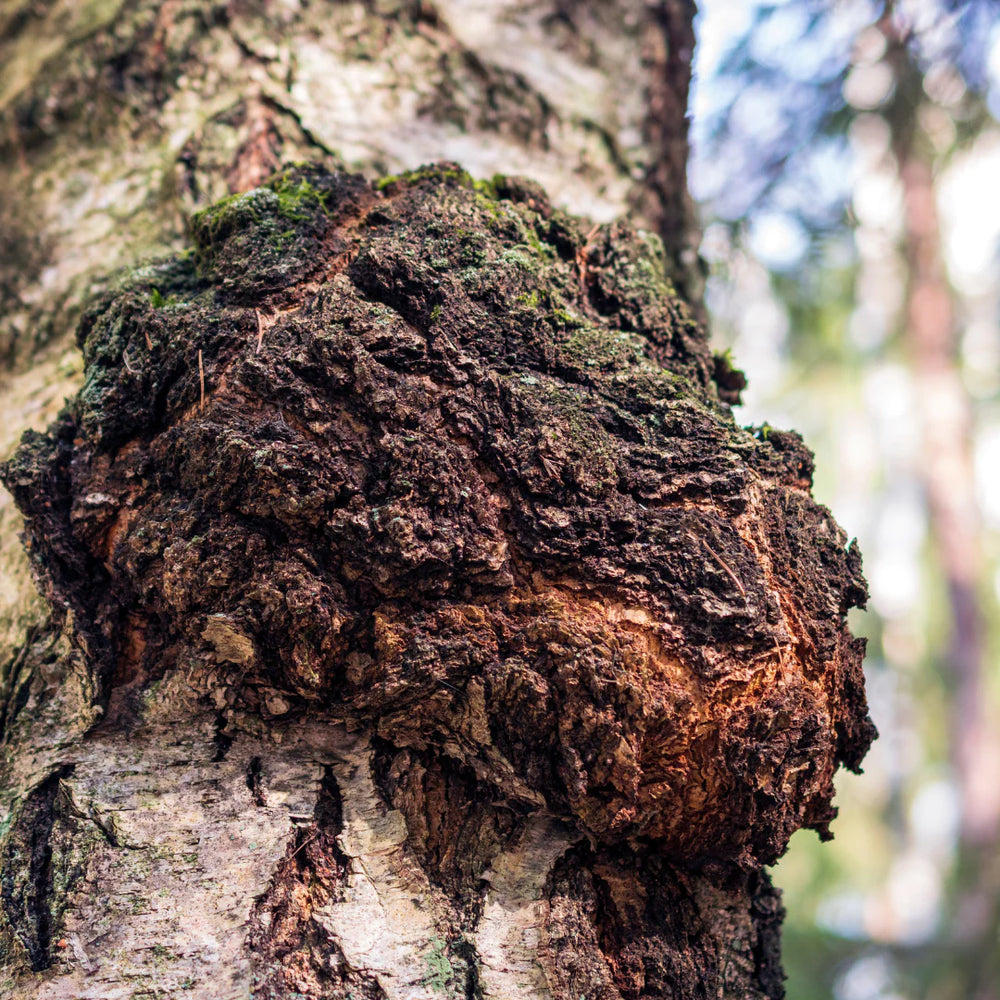
MYTH 2: Wild Chaga Is Not Sustainable
While some have expressed concern that the growing demand for chaga will threaten the supply of wild chaga, recent reports state that over 20% of all Birch trees in Russia have the fungus. Furthermore, responsible harvesting of chaga conks does not hurt the host, nor damage the fungi’s ability to reproduce. We take great care to work with suppliers in Siberia who respect the forest and use sustainable timely harvesting and long-term planning practices.
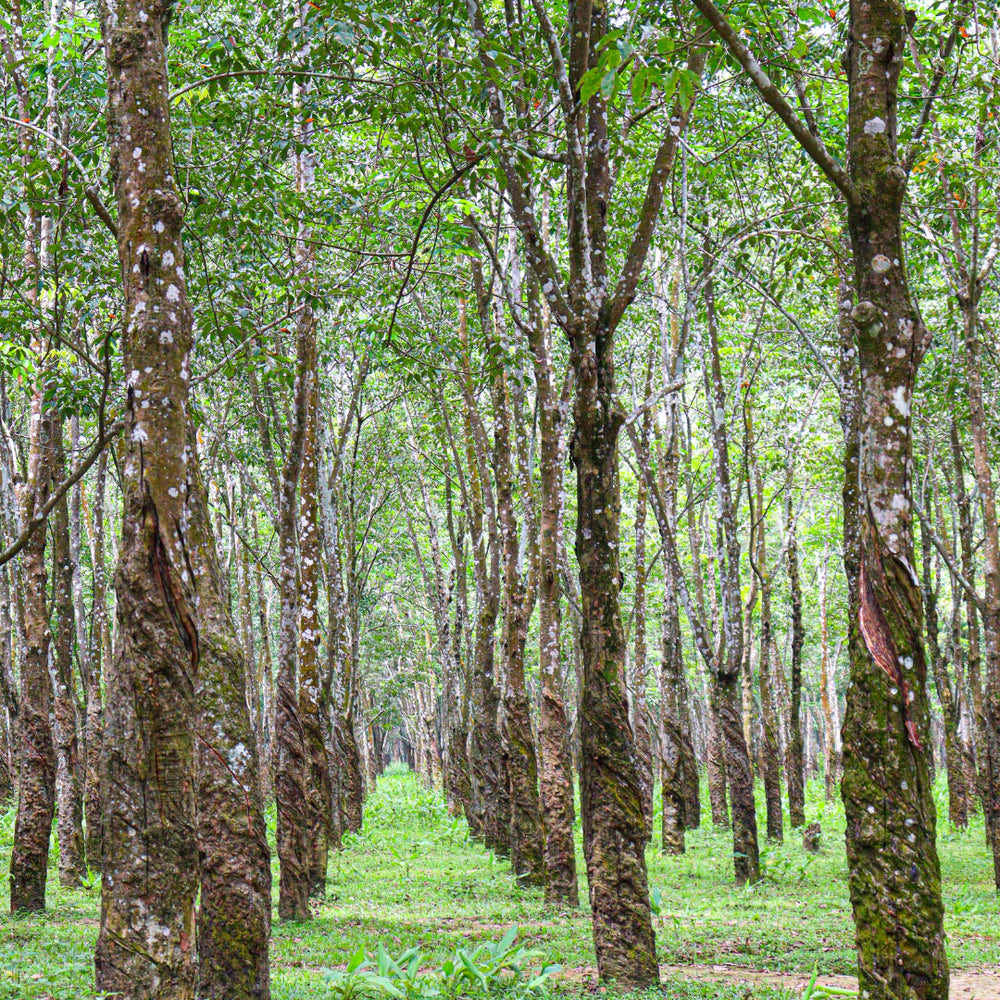
MYTH 3: Wild chaga contains contaminants and toxins
Not so fast! This statement paints with too broad a brush. While it's true that chaga, like any mushroom, is a bio-accumulator that can absorb contaminants from its environment, the same holds for cultivated chaga too. The quality and safety of wild chaga largely depends on the cleanliness of the area where it's harvested. By sourcing wild chaga from pristine forests, far from industrial pollutants, suppliers can ensure they're providing a product that is as clean and toxin-free as possible. At Everyday Dose, we take things a step further by lab-testing ALL our mushrooms for contaminants, toxins, and pollutants.
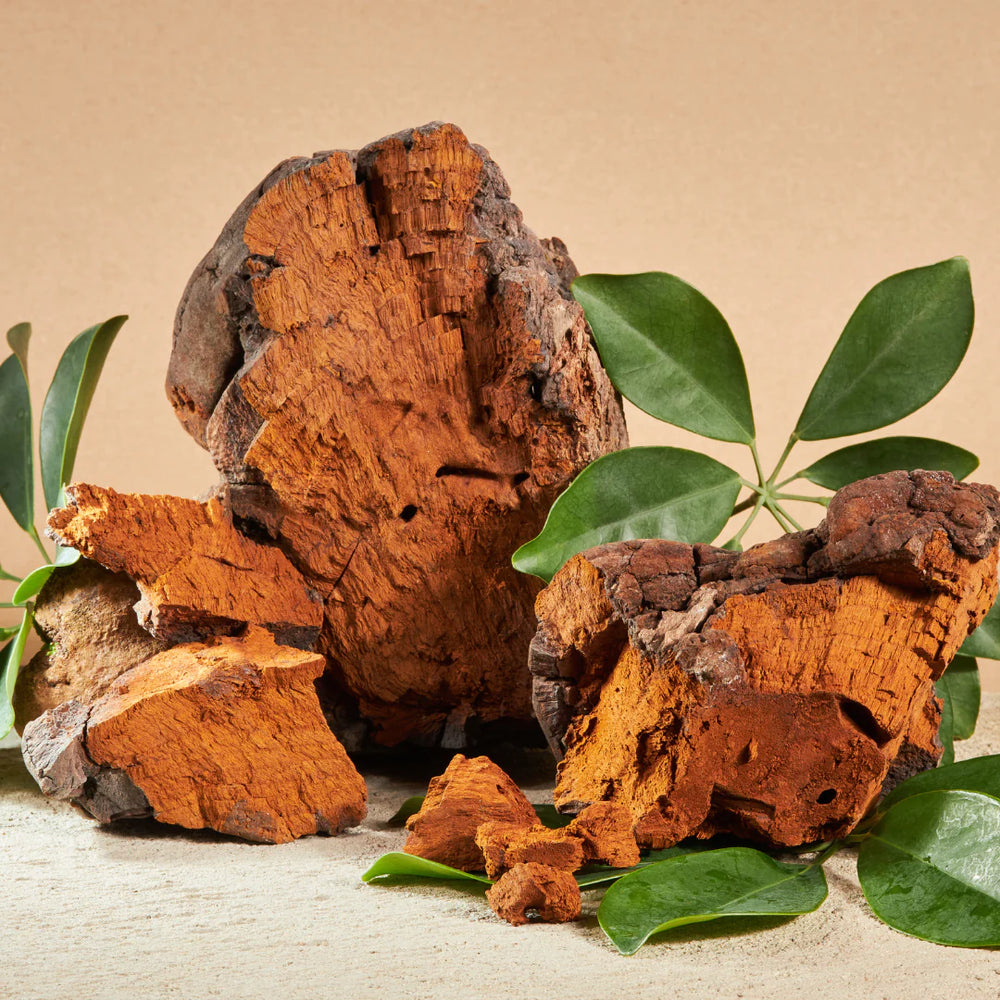
EXPERIENCE THE WILD BENEFITS
At Everyday Dose, we are extremely proud to use 100% wild harvested chaga conks from the pristine Birch forests of Siberia and Canada in our mushroom coffee and matcha. After rigorous 3rd party lab testing for potency and purity, our chaga goes through a double extraction process using both hot water and alcohol, which helps break down the tough outer layer and make those active compounds more bioavailable.


